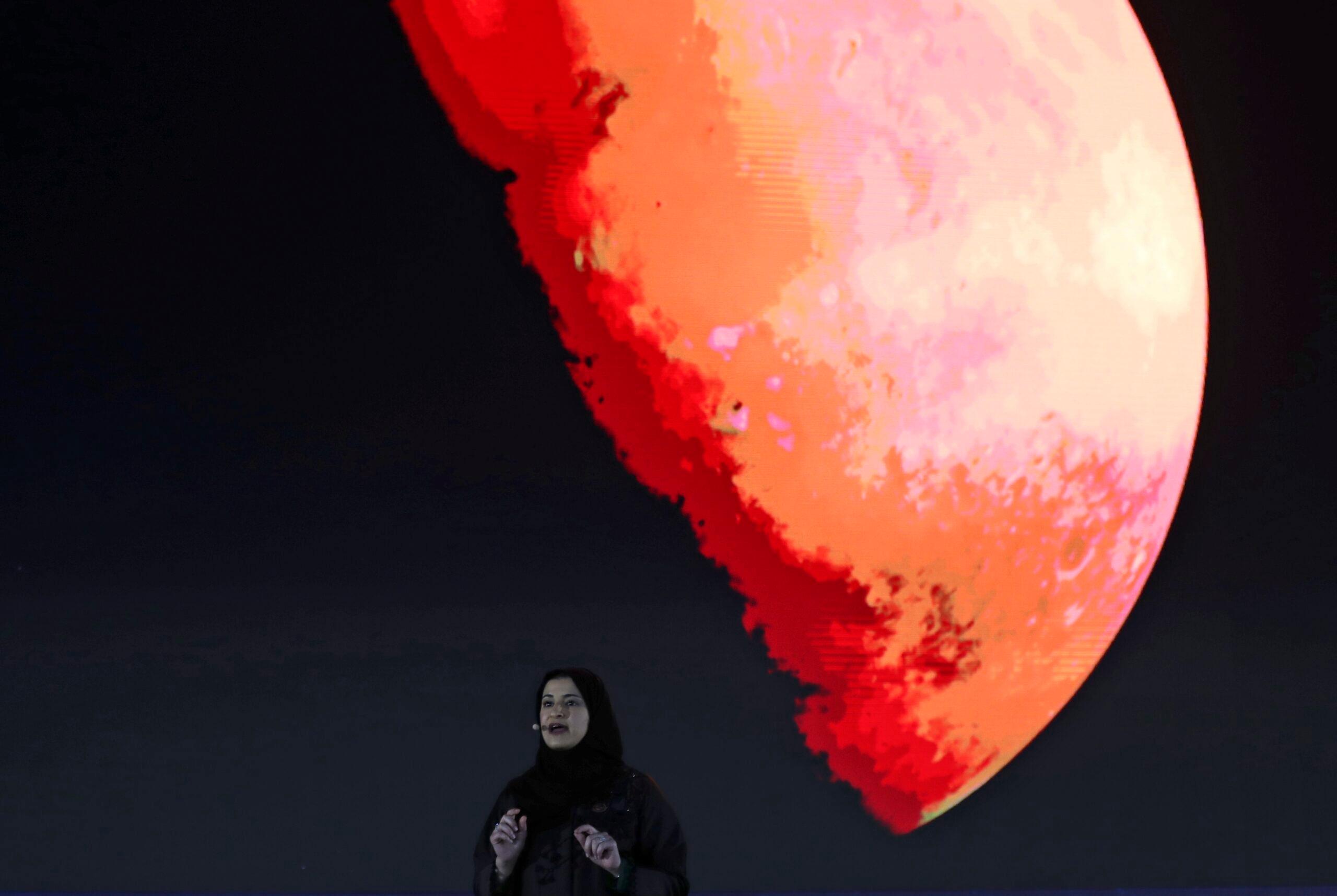
Scientists at the University of Colorado Boulder will build a probe they hope will help explain one of life’s great mysteries — the origins of the universe.
CU’s Laboratory for Atmospheric and Space Physics and the United Arab Emirates have agreed to launch a small probe that will eventually land on an asteroid between Mars and Jupiter. CU previously partnered with the UAE for a Mars probe that recently entered the red planet’s orbit.
The new mission, if successful, will be an impressive feat of unmanned space travel. Engineers will have to wait until 2028, when Earth and Venus align. Once that happens, they’ll take advantage of gravity by launching the spacecraft towards Venus, which should let the spacecraft loop around and gain momentum for its travel towards the asteroid belt.
“We're then going to fly by six asteroids, and then we're going to rendezvous and land on the seventh,” LASP Program Manager Pete Withnell said.
Only a handful of space agencies have visited asteroids, and most of those missions were just flybys, according to Withnell. While the UAE hasn’t announced what scientific data they’ll collect through the mission, Withnell said the information that can be learned from landing on these giant, floating space rocks can help reveal how the universe formed.
“These asteroids are almost like time capsules that were sealed 4.5 billion years ago. We are exploring the possibilities of understanding asteroids, especially in terms of water-rich asteroids and understanding the evolution of the solar system from that aspect,” Withnell said.
About 150 scientists in Boulder previously helped assemble the UAE’s first ever interplanetary spacecraft, which is collecting data on Mars’ climate.
“It is both a continuation and deepening of the collaboration between Emirati engineers and scientists and the University of Colorado, which has played a seminal role in our work to accelerate our space sector,” Sarah Al Amiri, UAE Minister for Advanced Technology and chair of the UAE Space Agency.
Neither party disclosed how much money CU would receive from the UAE for its help. The Emirates Mars Mission’s total budget was $200 million, but CU did not disclose how much they received for that mission either.
Related stories
- New NASA Mission To Distant Asteroids Will Be ‘Made In Colorado’ ?
- Lockheed Martin Is Developing Moon Cars With General Motors In Hopes NASA Will Want Them
- Sorting Through Space Debris Orbiting The Earth ?
- Lucy, a NASA spacecraft with Colorado roots, is headed for drive-by explorations of Jupiter’s Trojan asteroids








